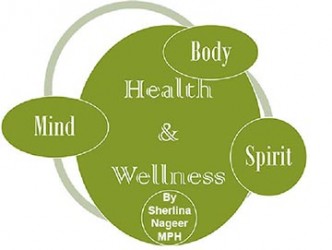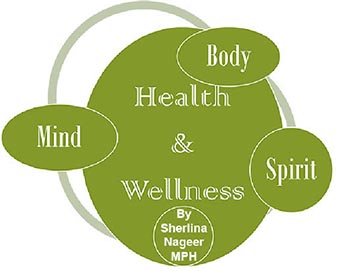Whack! The sound of an object forcibly landing on flesh was clear, penetrating the walls of both houses and the yard in between. Equally clear was the other sound that followed – of a child crying, “Ow! Ow! My back hurting. My belly hurting. Ow! I can’t breathe.” As she cried, the other children in the house could be heard laughing.
Who didn’t get “licks” growing up? That is common among we people, right? The folks who didn’t get any licks while growing up seem to be as rare as the golden frog of Kaieteur. Much has been said and written over the years on the issue of corporal punishment – aka beating children. Research has shown that there are significant long-term negative impacts on children who are beaten regularly – from poorer cognitive and emotional development to reduced academic performance and social functioning. Of my own (mostly good) childhood memories, it is telling that one of the most enduring is of an incident when major licks were sharing. I don’t remember the exact reason for the licks, but the fear and absolute terror I felt as the adult around me went seemingly violently mad is still crystal clear, decades later.
Numerous alternative discipline methods have been proposed, tried, and proven effective over time. Laws have been passed to protect children and educational and media campaigns embarked upon to educate the populace and try to change social norms. However, the beating of children continues in Guyana, around the Caribbean, and in numerous other societies worldwide. Violence, somehow, continues to be our default reaction when we’re frustrated, stressed out, and otherwise challenged – by children, as well as other adults. The beating of children also continues because we are impacted by our environmental and cultural influences, and because we most often repeat the patterns of behaviour that we’ve been socialized into. None of this however, is excusable.

When children laugh on seeing another child being beaten by an adult and hearing her/his cries of pain, it is clear that something is dangerously wrong in our society. When children cannot express themselves without shouting and hitting one another; when empathy is scoffed at and sensitivity to pain and suffering scorned, it is clear that something is seriously amiss. When adults fail to encourage compassion and themselves perpetuate systems of violence and oppression, the society that forms is one that has cruelty as its base and that will continuously reproduce negativity, as is evident in Guyanese society today.
When children are beaten by their parents and other caregivers who are supposed to love and nurture them and told it is for their own good, the lesson they then learn is that violence and loving attention go hand in hand. No wonder then, that intimate partner violence remains so disturbingly high in our society, with many victims refusing to press charges against their abusers and continuing to endure the abuse time after time. No wonder then that when these children grow up, many are violent towards their own children and partners; this is simply the behaviour they know. (*It is not inevitable that the abused becomes abusers; many victims do turn away from violence. However, patterns set early in life are very impactful and can be difficult to break.) Children seeking to escape violence within their homes also become prime targets for predators. Because they are desperate for love and kindness, they can be easily manipulated and taken advantage of.
Violence perpetuates a cycle of negativity that impacts numerous spheres of life. From child health and well-being to academic performance to unhealthy adult interpersonal interactions, as well as to how funding and programmatic decisions are made on a structural level—what gets prioritized/ignored—there are innumerable ways in which violence gets re-inscribed and reinforced in society. The individual instances when persons witness violence and choose not to intervene is but the tip of the iceberg. State violence against the citizens of a nation: brutality, torture, intimidation by police and other government forces, as well as discrimination, official neglect of the poor and other minority groups, inadequate provision of necessary goods and services, delay and denial of justice in cases where abuses have occurred are also clear instances of violence and its perpetuation.
Laws can be placed on the books but it’s individuals who have to uphold and enforce them, and unless and until societal norms and behaviours change to make violence, especially violence against children, unacceptable, the dysfunction will continue. People have to want things to change, first and foremost. Then they have to believe that they have the power within themselves to effect change. Last but not least, the most fundamental way to ensure real, sustainable change is by socializing the children into an ethic where violence is the exception, rather than the rule. Let’s make it happen!
Sherlina can be contacted at ssnageer@yahoo.com





